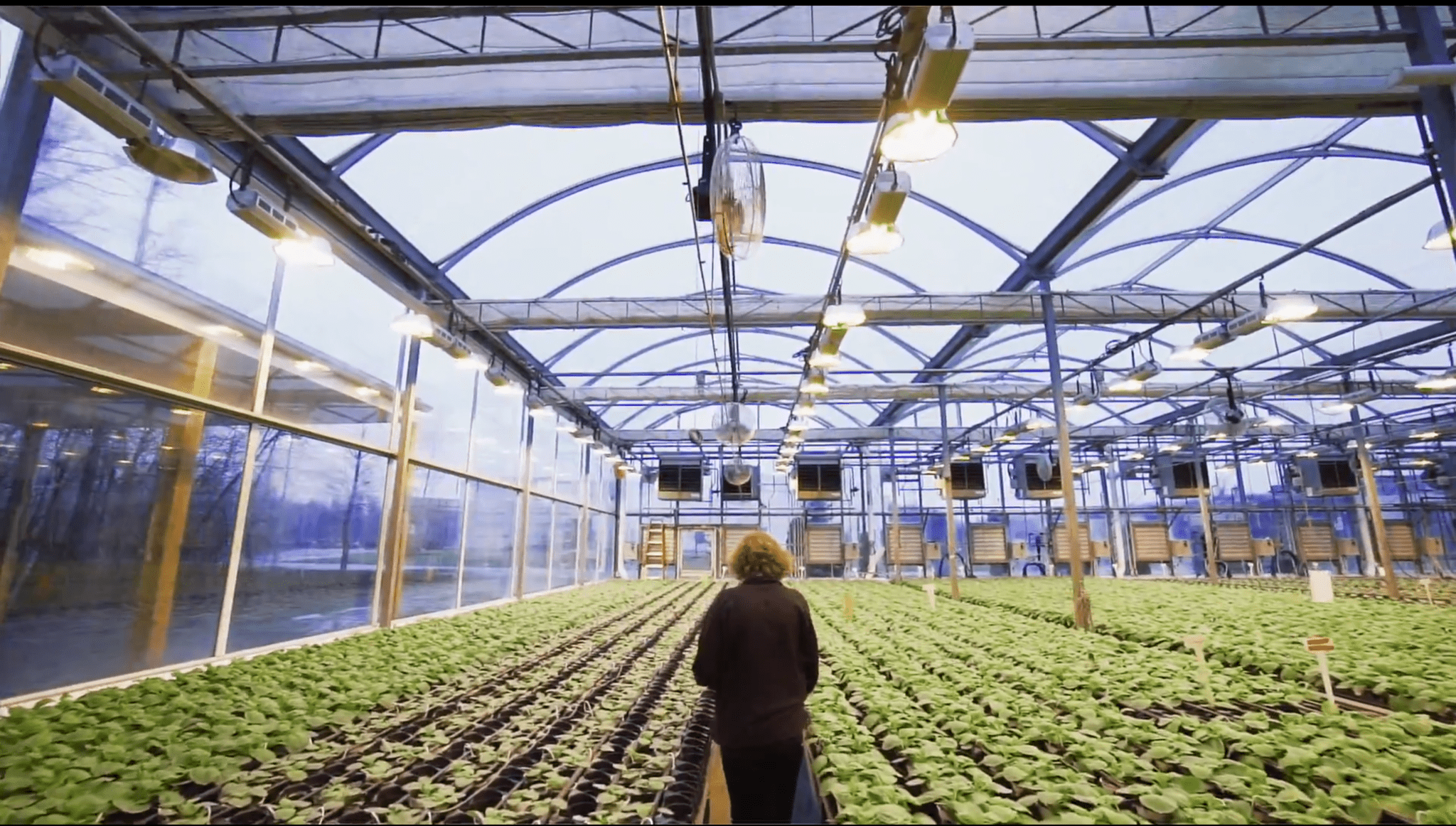
Medicago's vaccine greenhouse (Medicago via YouTube)
Canadian plant-based vaccine developer Medicago shutters months after layoffs
Plant-based Covid-19 vaccine developer Medicago shut down this week with little fanfare. And its two subsidiaries, Medicago R&D and Medicago USA, are also closing their …
Sign up to read this article for free.
Get free access to a limited number of articles, plus choose newsletters to get straight to your inbox.